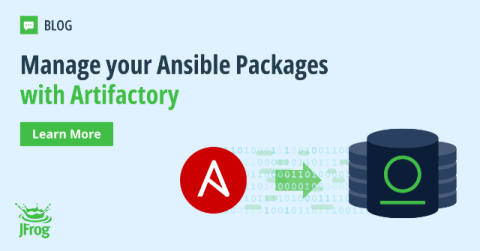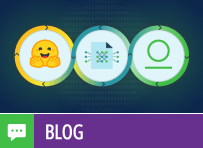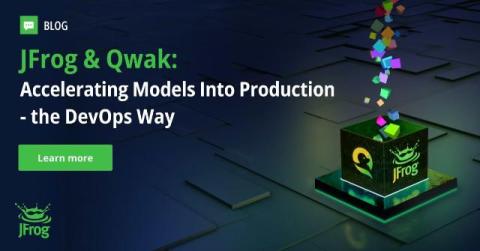Shlomi Ben Haim, CEO & Co-Founder, JFrog - EveryOps Matters
Developers used to code. Now they manage, import, secure, build, package, deliver and monitor… the list of every “Ops” is ever-growing. As if this wasn’t enough, they are now being asked by the C-suite to work with data science and machine learning teams in a gold rush of AI and ML-enabled application delivery. In our annual swampUP kickoff, join JFrog Co-founder and CEO Shlomi Ben Haim - alongside a special guest - as we explore how developers may still start with code and CI, but are increasingly asked to hold the reins of EveryOps; building, securing and delivering alongside the machines and systems they created.











